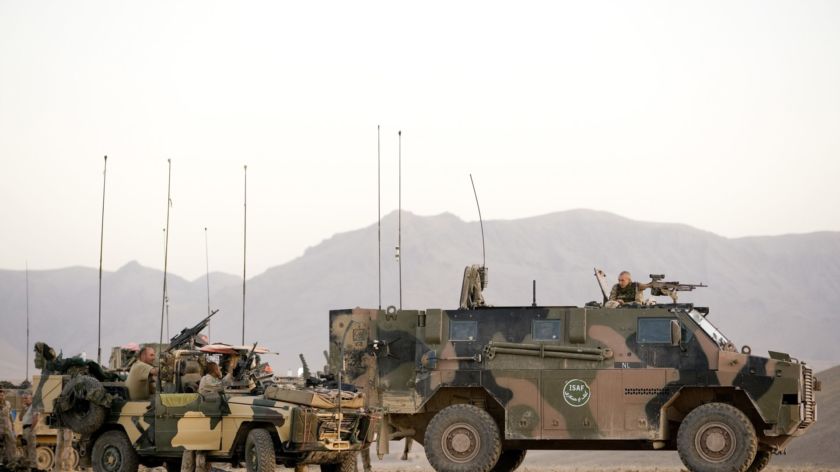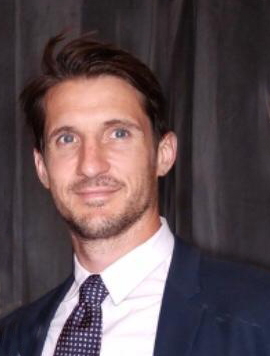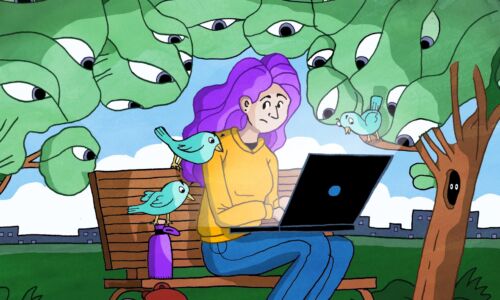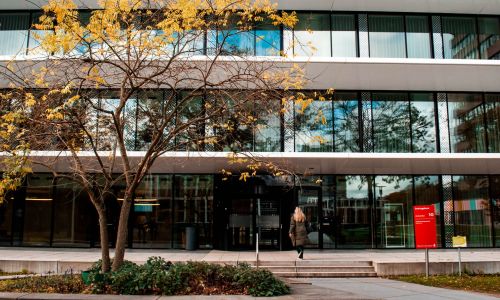Lecturer in conflict studies fears for contacts in Kabul: ‘The Afghans have been completely abandoned’
-
 A Dutch army vehicle in Afghanistan. Photo: Gerben van Es (cc)
A Dutch army vehicle in Afghanistan. Photo: Gerben van Es (cc)
Romain Malejacq is very worried about the ‘fixers’ with whom he worked in Afghanistan. Despite the Taliban’s promise that they have no desire for revenge, the Radboud University academic believes that these people should fear for their lives.
A country in chaos, triumphant Taliban fighters and planes filled with desperate refugees – the images from Afghanistan, where the Taliban have declared an Islamic Emirate, can only be described as historic.
Located in the West, Afghanistan expert Romain Malejacq, author of the book Warlord Survival: The Delusion of State Building in Afghanistan, looks with dismay at the situation in the country of 37 million people. ‘I’ve had better holidays, but it’s nothing compared to what the Afghans are going through,’ says Malejacq, who is affiliated with Radboud University’s Centre for International Conflict Analysis & Management.
He is being kept informed by his contacts in Kabul, Herat and other places in Afghanistan. Most of them are people with whom he worked in Afghanistan, fixers who also helped the Western media, among others. This group is deeply concerned about their own safety, despite the Taliban’s assurances that it will not retaliate against Afghans who have cooperated with the West.
Malejacq thinks it a credible scenario that this group will come under fire. ‘While the leaders may perhaps claim that they won’t take revenge, they can’t vouch for all commanders. It is quite possible that the Taliban will capture, torture or kill these people. Someone I worked with has already moved by night from Herat to Kabul with his family. Now, the Taliban is there too. What’s he supposed to do now?’
‘What are my emotions? I’m angry, sad and worried. I’d like to be able to reassure my contacts, but nothing I can say will make the situation better. I have no words to describe the current situation. It’s so incredibly difficult.’
What’s the focus of your emotions?
‘The Afghans have been betrayed by the United States and the West. Everyone knew that the Americans would one day leave, as the Soviet Union did in the 1980s. The big problem is the way in which the US has withdrawn. Their hasty departure has left the Afghans completely abandoned.’
Who are you most angry at?
‘I feel the greatest anger for Joe Biden and his administration. Trump’s policies were also appalling, but I never expected any better from him. I was hoping Biden would turn things around for the better. The fact that he hasn’t done so is bitterly disappointing. I’m also angry at Abdul Ghani (the Afghan president, who has since fled, Ed.), under whose leadership the entire regime has collapsed.’
What’s worse: the invasion of Afghanistan twenty years ago, or today’s departure?
‘In 2001, after 9/11, the Americans made the wrong decision, with the right intentions. Guided by their emotions, they felt they had to step in to stop the terrorists. Everyone knew that things would go wrong, that the Taliban would take over Afghanistan. The only question was how long it would take. Armed with that knowledge, Biden still chose to abandon the Afghans. That makes the decision so much worse.’
What can you yourself do?
‘Nothing, and that’s what makes it so frustrating. I feel incredibly powerless. That’s why I’m giving interviews everywhere to call on the international community to open their borders and find a way to save the vulnerable people of Afghanistan. As an international community, we also have to take responsibility for the situation. The Afghans never asked the US and the West to invade the country, and they certainly didn’t ask them to leave it in this way.’
Is there a positive side to the Taliban takeover?
‘Oddly enough, now that the Taliban have taken over the entire country, the West has room for negotiation. Because the Taliban want international recognition, they may be willing to make concessions. I am referring, among other things, to the links between the Taliban and Al Qaeda. In the 1990s, the Taliban depended on Al Qaeda’s money. That dependence has now gone, although there is still a friendly relationship between the two groups. If the West can weaken that relationship, that would be a victory in the fight against terrorism. Wishful thinking perhaps, but it’s the only positive thing I can think of.’




